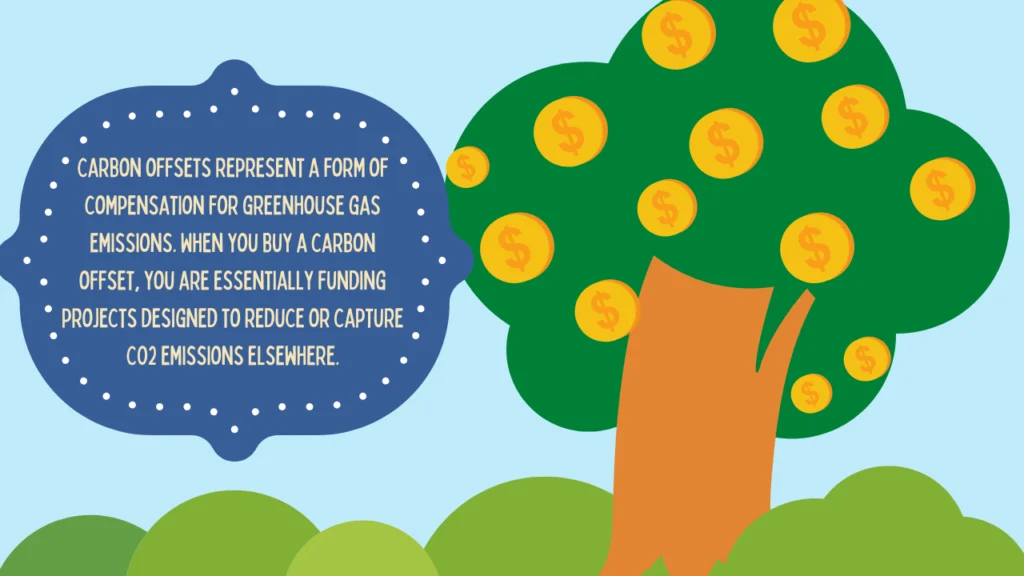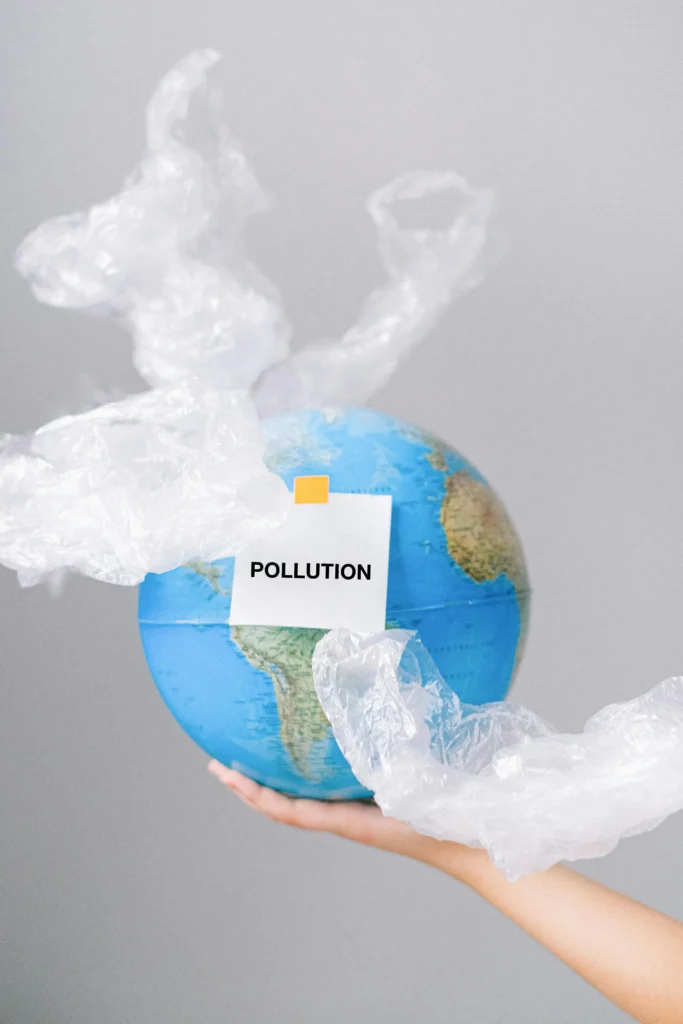
Does Buying Carbon Offsets Do Anything ? 🌍
As concerns about climate change grow, many individuals and companies turn to carbon offsets as a potential solution to counterbalance their carbon footprints. But the question remains: Does buying carbon offsets do anything? In this article, we will explore how carbon offsets work, their effectiveness, and whether they truly help mitigate climate change.
What Are Carbon Offsets? 💡
Carbon offsets represent a form of compensation for greenhouse gas emissions. When you buy a carbon offset, you are essentially funding projects designed to reduce or capture CO2 emissions elsewhere. These projects can include renewable energy initiatives, reforestation, methane capture from landfills, or even forest conservation efforts.
For every metric ton of CO2 you emit, you can purchase an equivalent carbon offset to neutralize the impact. While the concept seems straightforward, many wonder if this practice actually makes a difference in fighting climate change.
How Do Carbon Offsets Work? 🔧
Carbon offset projects work by funding activities that reduce greenhouse gas emissions. For instance, a forest conservation project may preserve a section of rainforest, preventing deforestation that would release CO2. Alternatively, a renewable energy project could replace fossil fuel-based power plants with solar or wind farms.
Each carbon credit purchased usually represents one metric ton of carbon dioxide that has been avoided or removed from the atmosphere. These credits are then sold to individuals or companies looking to offset their emissions.
Does Buying Carbon Offsets Really Help? 🤔
The Effectiveness of Carbon Offsets
The effectiveness of carbon offsets depends largely on the quality and transparency of the projects you support. High-quality projects undergo strict verification by third parties to ensure they deliver real emissions reductions. For example, organizations like Gold Standard and Verra certify carbon offset projects, ensuring that each credit sold represents a true reduction in greenhouse gases.
However, low-quality projects may overestimate the reductions or fund initiatives that would have happened regardless of the offset purchase. This raises ethical questions about whether carbon offsets are truly making a difference, or if they are simply an excuse for companies to continue polluting.
Can Carbon Offsets Replace Emission Reductions? ❓
While carbon offsets can contribute to reducing the impact of greenhouse gases, they should not be seen as a replacement for direct emission reductions. The most effective way to fight climate change is by reducing emissions at the source—whether through cleaner energy, improved energy efficiency, or understanding your carbon footprint—and taking steps to minimize it.
Offsetting should be used as a complementary tool to mitigate unavoidable emissions, not as a primary strategy. For example, if you cannot avoid flying for work, you can buy offsets to neutralize the emissions from your flight. But relying solely on offsets without reducing overall emissions will not solve the climate crisis.
Does Buying Carbon Offsets Do Anything? A Closer Look 🧐
The long-term impact of buying carbon offsets can be positive, especially if they support projects that provide additional environmental or social benefits, like biodiversity conservation or community development. However, offsets are not a silver bullet. They require careful selection to ensure they fund real, verifiable reductions in emissions.
For instance, investing in reforestation projects in regions with high deforestation rates can provide both climate and ecological benefits. But, if the trees planted are not maintained or the forest is later cut down, the carbon sequestration promised by the project could be lost.
How to Choose the Right Carbon Offsets 🌱
To maximize the impact of your carbon offsets, it’s important to:
- Research the projects you’re supporting. Look for certifications from reputable organizations like Gold Standard or Verra.
- Verify additionality—ensure that your investment is funding emissions reductions that wouldn’t have happened without your contribution.
- Avoid double counting, where the same carbon offset is sold more than once. Make sure the project is transparent and that the credits are properly accounted for.
Conclusion: The Role of Carbon Offsets in Climate Action 🌍
So, does buying carbon offsets do anything? Yes, when done responsibly, carbon offsets can play an important role in mitigating climate change. They help fund critical projects that reduce or remove carbon from the atmosphere. However, they should be part of a larger strategy that includes reducing emissions at their source.
If you’re committed to living a more sustainable lifestyle, consider carbon offsets as one tool in your broader effort to reduce your environmental impact. Choose high-quality projects, support reputable organizations, and prioritize reducing your emissions through sustainable habits.



